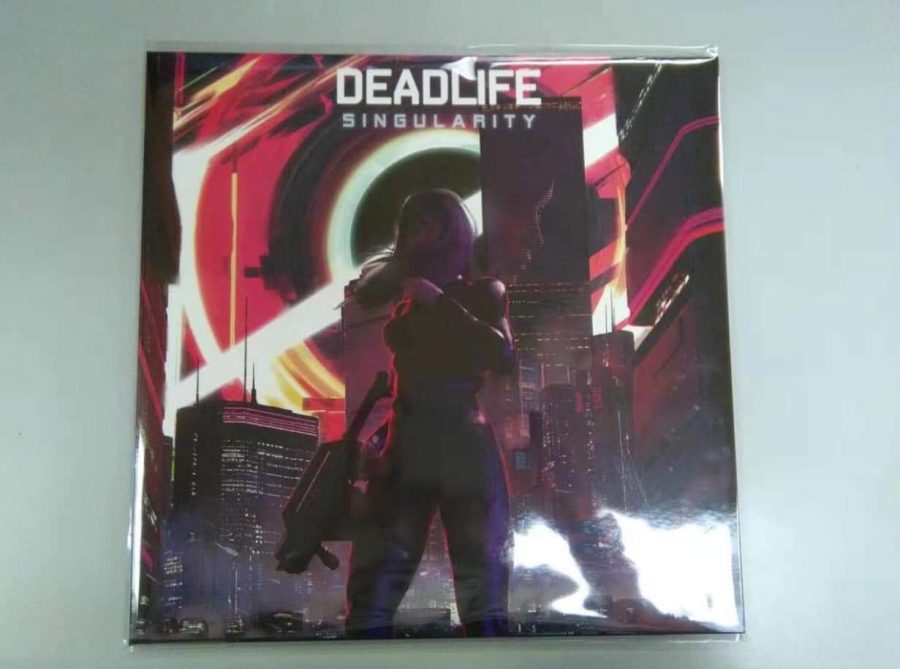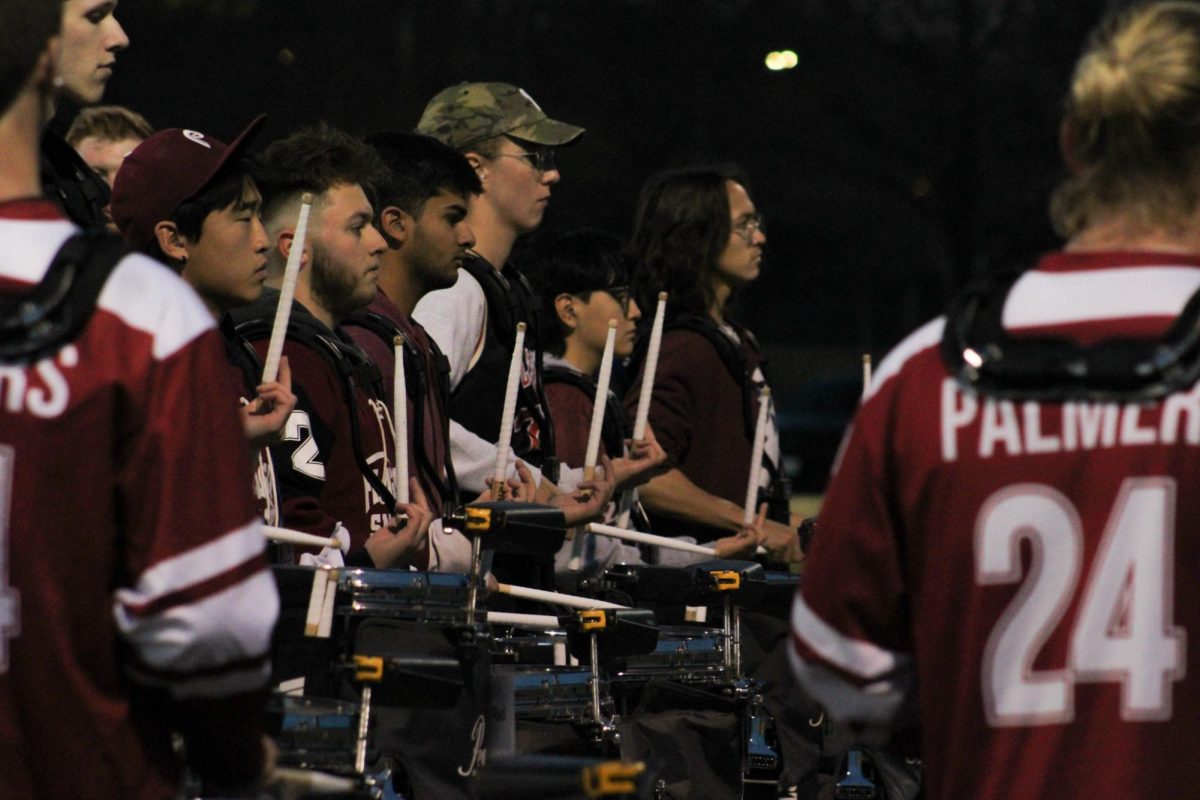Based in Manchester, UK, Ed Hawx aka DEADLIFE, is the wild card of the darksynth scene. His debut album “Bionic Chrysalis” released in 2017 and immediately distinguished itself among the genre with its unique style. However, the album is plagued by a lack of polish, most likely due to its heavily experimental approach. Fast forward to this year and DEADLIFE’s “Singularity” album which stands in direct contrast to his debut with its remarkably refined sound. This combination of innovation and refinement cements DEADLIFE’s standing amongst the upper echelon of darksynth artists today.
Ben Connolly: How would you describe your music to the layman?
DEADLIFE: Electronic beeps.
BC: Who or what inspires you to create?
D: The cold, dark, rainy warehouse I work in with my mates packing boxes all day.
BC: Given the variety of names artists in this genre use to classify their music, what do you like to classify your music as and why?
D: Electronic medieval folk, and I have no idea why, but it does sound cool doesn’t it?
BC: You released two albums recently, “Singularity” and “Rebel Nights,” what do you think the thematic differences are between darksynth and synthwave?
D: I can’t speak for other albums, but for me the difference between them is…darksynth is heavier, darker. My stuff though draws inspiration from sci-fi, esoteric concepts, some kind of gritty uneasiness…mostly inspired by 80s and 90s media, but also modern-day media that I really enjoy and have a passion for.
BC: Cool, following off of that, are there any particular themes or ideas are you trying to express in your music?
D: I want to convey complex emotions through my music, things that I feel that I can’t express through words. Ultimately I’d like people to connect emotionally with my material, to tap into that side of ourselves that is deep inside our minds. I don’t want to come across as sounding pretentious here because I’m not, but helping people connect with themselves is the dream. I have a lot going on in my mind that I don’t convey at all day to day, but music is a medium I use to get out my dreams, feelings and emotions out into the world.
BC: Why do you think the darksynth scene is still culturally underground, despite the popularity of many tracks and artists?
D: Possibly due to lack of vocals, but also lack of mainstream exposure. A lot of people still don’t know what it is, and the older synthwave just sounds like a track straight out of the 80s to most people. I feel that it doesn’t grab people’s attention because its already happened…in the 1980s. And yeah it’s cool, but it’s not for everyone. But the artists that are beginning to get some recognition don’t rehash the 80s, they’re making something new. And that is what I want to do too. It’s all I ever wanted to do. I never really listened to the old conventional 80s sounding synthwave tracks. I listen to mostly soundtracks and ruminate on this idea of a sci-fi dystopian future, steeped with old lo-fi and classic synths. That’s what constructed it for me specifically. It’s a feeling I had that I wanted to make, a world to create, one that I didn’t feel existed. And now I’m currently labeled as a darksynth artist, but it may change. I think it’s an exciting time to be an artist, the genre is still in its infancy even if some of us think it’s been around a while. But it’s time to innovate and that’s where I think the future of this genre lies. Having said that, that’s my take on it, and it’s a path I want to continue on because I love to write and create.
BC: Could you pick one of your favorite tracks or albums and provide some background and details regarding its technical and thematic aspects?
D: Almost every track holds a significant meaning to me so it’s hard to pick just one. [But] “For You” from “Bionic Chrysalis” was definitely a powerful moment generally. I had the idea in my head and when I’d finished, it was the final track for that album. The moment it was done I heard it back and thought, “I think I’m actually finally ready to release something.” Up until that point I’d spent hours and hours trying to learn how to produce. It’s also worth mentioning that when I wrote that album I was pretty ill. I had a lot of life changes that made me rethink everything. So really what I’m saying is “Bionic Chrysalis” is probably my favourite because it pretty much saved my life, a lot went into it that people obviously don’t know about it. It was a narrative of my own mental health at the time and a gradual decline of my own physical health. But when I had done it and things picked up in my life considerably, I realised this was my path all along. It was a very vindicating moment. Never give up and all that, you know? Keep doing the thing.
BC: What are some events you have coming up? And how many readers find about more about you?
D: I have some stuff coming up which you can check if you check my Facebook.
Ben Connolly can be reached at [email protected].



















